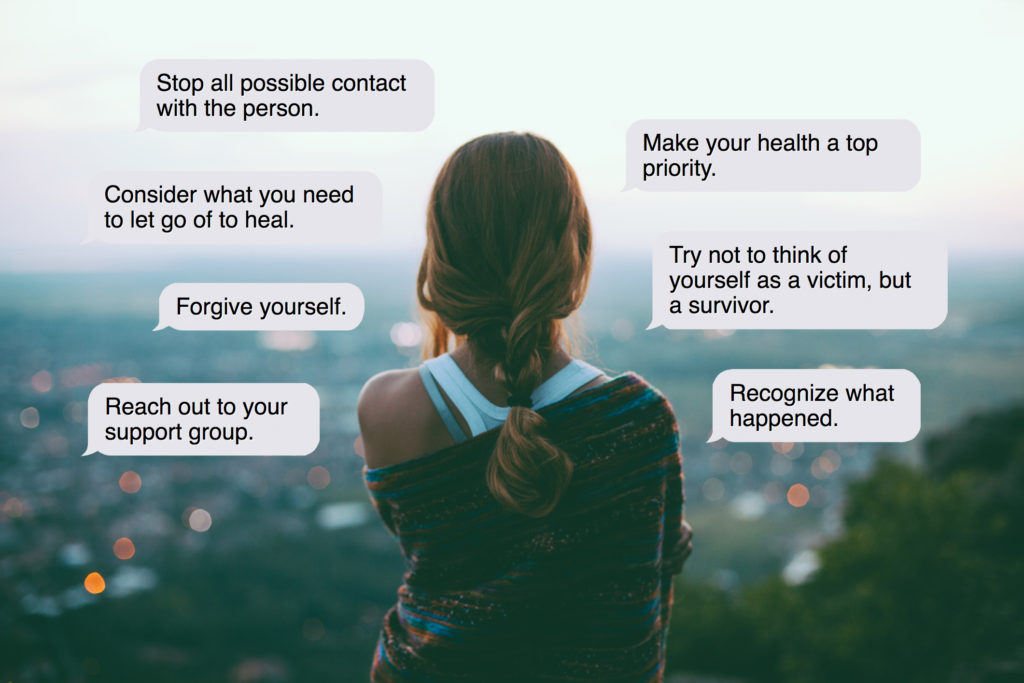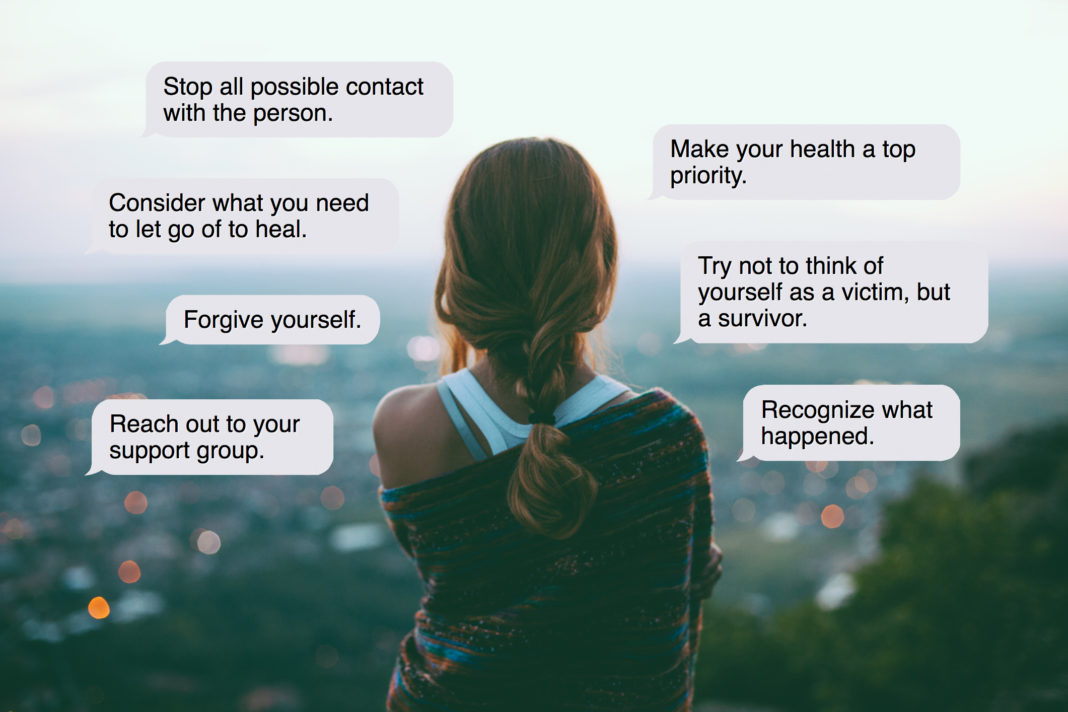Out of all the connections you have in your life, the relationship with your true self is one of the most significant ones.
That is why it is so important to have a healthy relationship with yourself. As is the case with any friendship. But do you know that sometimes the relationship you have with yourself can become toxic when negativity arises and change mood swings take place?
You feel like you have a firm sense of who you are and what you want, but do you know that you have some habits which are not at all favorable? Well, learning how- to tell people if you are in a toxic relationship with yourself can be difficult.
But it is crucial to understand that if you do not express yourself, then there are chances that you might damage your self-esteem or relationships with others. Also, when we do not make ourselves our priority then, we start neglecting who we are and what we need.

If you are in a toxic relationship with yourself, then you might blame yourself. So, here are the signs that you are in a toxic relationship with yourself and what you should do about it:
1. You are very critical of yourself or others:
When you make a small mistake at work or utter something that can be embarrassing in a social setting, then what is your first reaction? Either you get angry or laugh about it. And laughing about it and moving on can indicate that you have some healthy coping mechanisms.
When you cannot forgive yourself for mistakes and imperfections, you get negative. Taking responsibility when you mess up is important, but punishing yourself for it can become toxic.
2. Justifying unhealthy habits:
It is not a secret that taking care of yourself and making decisions that keep you mentally and physically sound is crucial, especially when you are in a toxic relationship with yourself. It is also easy to slip into habits and cycles that tend to have the opposite effect. A toxic relationship with yourself centers on unhealed self-hatred. Instead of this think about what makes you worthy. Also, unhealthy behaviors, including substance abuse issues, self-harm, and eating disorders, self-sabotage can lead to self-harm. Self-sabotage is all about choosing friends and romantic partners who have toxic nature. So, when you are associated with this kind of relationship, you might see only harmful things because you feel you do not deserve to be happy.

3. Sacrificing too much of yourself:
There is no doubt that you have heard all about self-care and how important it is to amalgamate it with your personal life. Practicing this can include routine workouts, cleaning your home, and treating yourself to something good. But, if you have a toxic relationship with yourself, things can get in different directions.
Consistently sacrificing your needs in place of others can cause irritation, physical exhaustion, and toxicity with yourself. So, if you are constantly trying to make others happy while neglecting your mental health, then you won’t be able to lead a stable life.
4. You have low self-esteem:
Sometimes do you feel that you are an unworthy person or a bad human? Also, have you ever caught yourself experiencing defective feelings or not deserving love? Then this is a clear sign of self-toxicity.
Self-loathing can demonstrate that you have internalized hatred that puts you in a negative light. Also, when you look at yourself in the mirror you might feel that you do not deserve any kind of compassion or kindness, which is wrong.
Once, you recognize these signs of self-toxicity, make sure that you take time for self-healing and practicing things like self-talk and fostering healthy relationships.
5. You like external validation:
Getting a compliment from a stranger or hearing couraging words from a loved one, can make you feel appreciated. A promotion or an award at work can boost your self-confidence and give you a positive self-perception. But if you do not make yourself feel positive and always rely on others to make you feel good, then this is no longer authentic in your communications. If this is the case for you, then some inner self-love work needs to be done to eliminate those toxic thought patterns.







